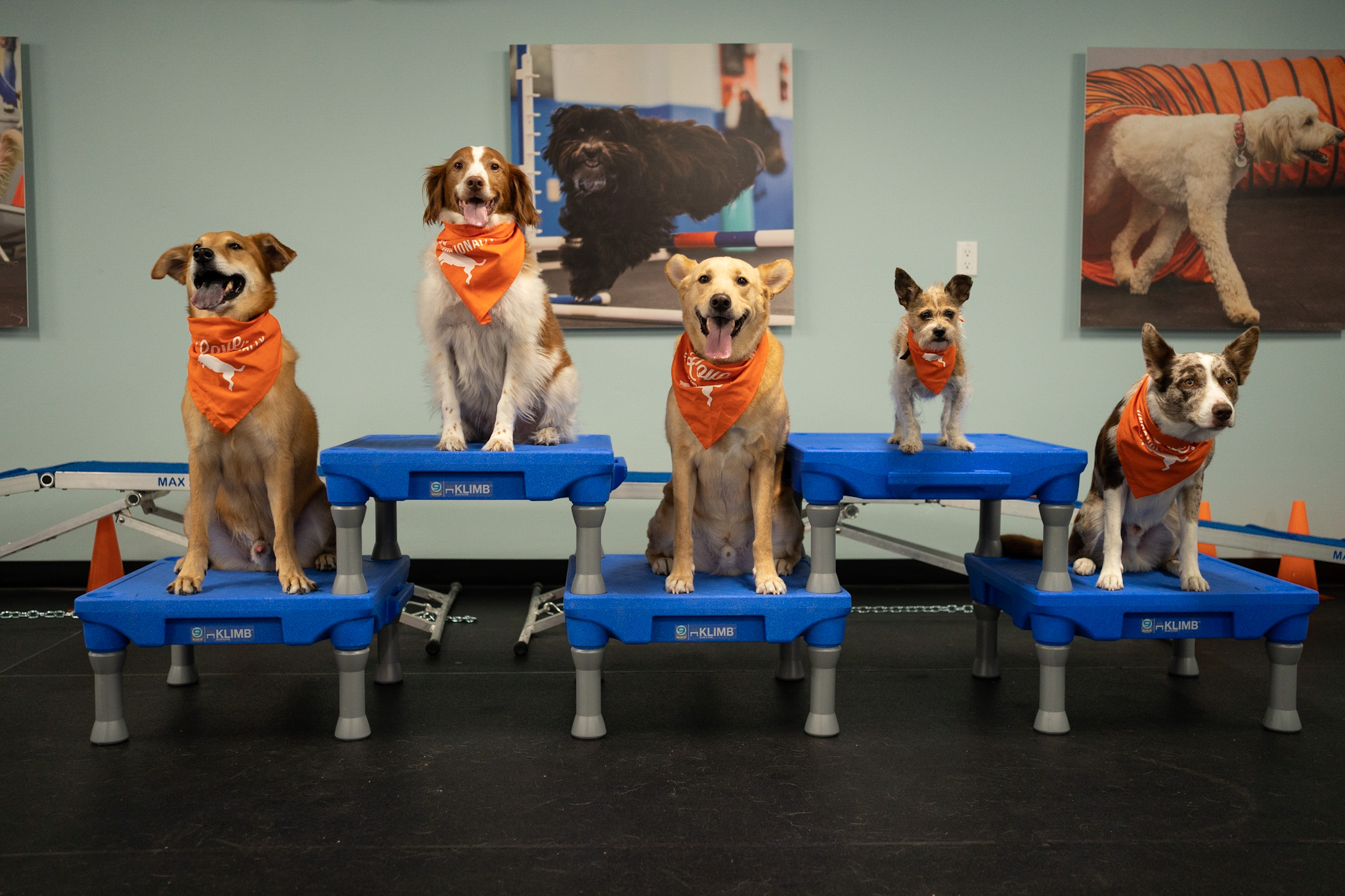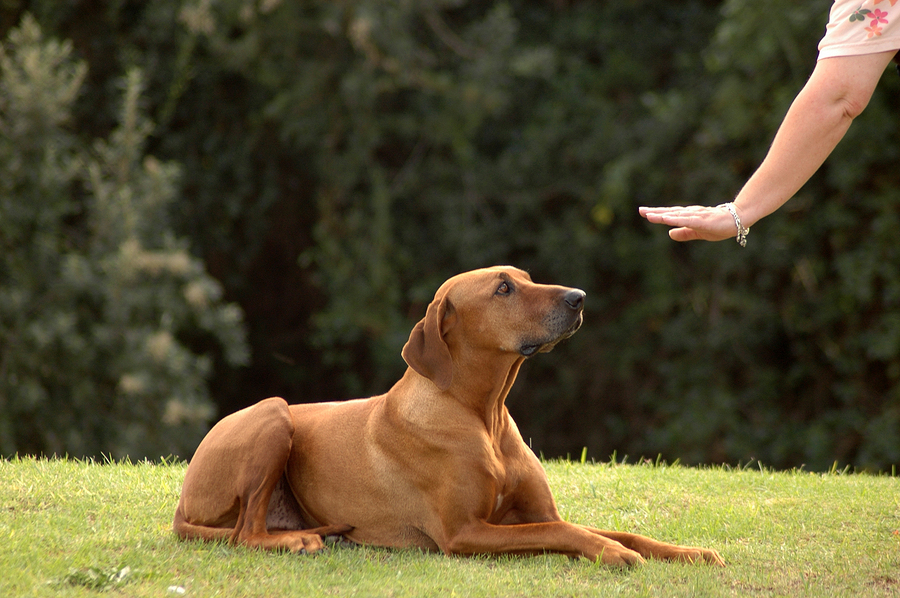Overcoming Challenges in Dog Training: Expert Advice for All Pet Owners
Overcoming Challenges in Dog Training: Expert Advice for All Pet Owners
Blog Article
Transform Your Pet's Actions With Proven Training Approaches
Changing your pet's behavior needs a nuanced understanding of their private attributes and needs, as well as the application of tested training techniques. Consistency in your training approach not only enhances obedience yet additionally promotes a deeper bond of depend on and respect in between you and your pet.
Recognizing Canine Behavior
Understanding pet habits is essential for effective training and interaction in between humans and their canine friends. Dogs, as social animals, show an array of actions affected by genes, atmosphere, and experiences - Dog training. Recognizing these actions aids owners tailor their training approaches to satisfy the details demands of their pet dogs
Key aspects of pet habits consist of body language, vocalizations, and social communications. A wagging tail usually indicates exhilaration, while a decreased head may signal submission or anxiety. Recognizing these signals can aid owners interpret their pet's psychological state and respond properly. Furthermore, socializing plays an important role fit actions; pet dogs that interact positively with various individuals and various other animals are usually a lot more well-adjusted and adaptable.
Furthermore, identifying tension signals-- such as panting, pacing, or avoidance behaviors-- can stop acceleration into much more major concerns. Proprietors that are in harmony with their pet dog's behavior can develop a caring and secure environment, fostering count on and improving the training procedure. Ultimately, a deep understanding of canine actions lays the foundation for a harmonious relationship and effective training results, making sure both pet dogs and their proprietors thrive together.
Positive Support Strategies
Favorable support methods are extensively acknowledged as one of one of the most reliable approaches for training canines, cultivating a favorable learning environment. This strategy involves rewarding desired behaviors with deals with, praise, or play, thereby urging the canine to repeat those actions. Unlike vindictive methods, favorable reinforcement builds trust fund and strengthens the bond between the pet dog and the trainer.
Incentives must be given immediately complying with the desired habits to aid the canine make the link. Uniformity is likewise essential; utilizing the same commands and rewards aids the dog comprehend what is anticipated.
It is crucial to keep in mind that positive reinforcement is not concerning bribery; rather, it is regarding strengthening etiquette. In time, as the dog learns to connect particular actions with favorable end results, the regularity of benefits can be slowly reduced, transitioning to spoken appreciation or intermittent rewards. This method not just encourages obedience yet likewise promotes a happy and certain pet, making training a much more enjoyable experience for both events involved.
Resolving Usual Concerns
Resolving usual problems during dog training is vital for ensuring a harmonious and successful relationship in between the pet and its owner. Numerous canine proprietors run into behavior obstacles, such as too much barking, jumping, and leash pulling. Understanding the origin of these actions is essential for reliable training.
To mitigate this, supply ample physical exercise, psychological stimulation, and chances for social interaction with both humans and various other pet dogs. Educating the canine to rest upon welcoming can reroute this behavior favorably.
Chain drawing is another common issue, often resulting from a pet's passion to check out. Using correct chain handling strategies, combined with training protocols that urge loose-leash walking, can considerably enhance this behavior.
In addition, concerns like source protecting or splitting up anxiety require customized techniques. Steady desensitization and counter-conditioning can be effective in dealing with these obstacles. By identifying and proactively handling these usual concerns, canine proprietors can cultivate a more enjoyable training experience and reinforce the bond with their canine buddies.
Uniformity in Training

To attain uniformity, it is important that all participants of the home comply with the same training techniques. Using the very same verbal hints and hand signals guarantees that the pet obtains consistent messages. Additionally, the timing of incentives and improvements should be consistent; immediate support increases the chance that the pet will connect the behavior with the outcome.
Moreover, developing a regimen can better improve uniformity. Routine session, coupled with organized routines for learn the facts here now feeding, strolling, and play, help dogs expect and understand their setting, making them extra receptive to training. Inevitably, consistency promotes a sense of safety and depend on, equipping canines to read more properly. By dedicating to an organized strategy, trainers can promote favorable behavior changes and cultivate a courteous companion.
Structure a Strong Bond
Just how can cultivating a strong bond in between a canine and its proprietor improve the training experience? A strong connection improved count on and respect works as the foundation for efficient training. When a pet dog really feels secure in its connection with its proprietor, it is much more likely to display Website favorable actions and be receptive to discovering. This bond motivates the pet to engage fully in training sessions, as it views the proprietor as a resource of guidance and assistance.
Moreover, a strong bond assists in far better communication. Pet dogs are adept at reviewing human hints, and a trusting relationship permits clearer signals during training. Proprietors who invest time in structure this bond with play, socialization, and favorable reinforcement create an environment where canines feel determined and excited to learn.
Furthermore, a reputable connection can minimize anxiety and behavioral concerns, as dogs are less most likely to act out when they feel understood and cared for. As a result, prioritizing the development of a solid bond not just improves the training experience however likewise contributes to a happier and extra well-adjusted canine. Eventually, the journey of training changes into a collaborative partnership, leading to lasting behavioral improvements.
Conclusion

Owners that are attuned to their pet dog's behavior can produce a nurturing and secure setting, fostering depend on and improving the training procedure. Inevitably, a deep understanding of canine actions lays the structure for a harmonious relationship and reliable training outcomes, guaranteeing both pets and their owners prosper together.
Dealing with usual issues throughout dog training is crucial for making sure a harmonious and effective connection in between the dog and its owner.Uniformity is a keystone of reliable dog training, as it establishes a clear structure for the dog to comprehend habits and assumptions.In conclusion, changing a dog's behavior through verified training methods calls for an understanding of canine behavior, the application of positive support strategies, and a focus on consistency.
Report this page